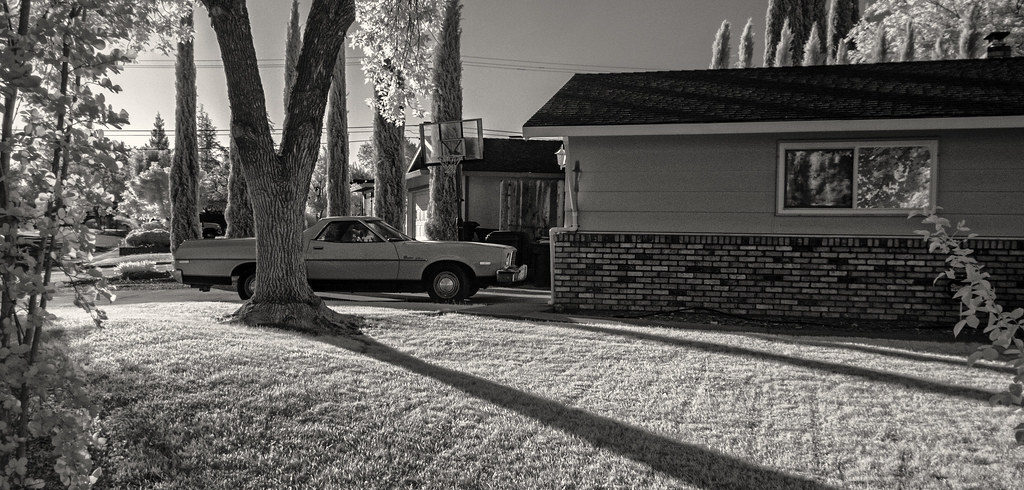
Easements are the right to enter and use land owned by someone else. Public entities frequently acquire utility easements, but public roads are typical of established communities. Residents in rural areas, and some residents in newer planned developments, are more likely to be familiar with shared driveways and private roads.
In rural areas, parcels may otherwise be inaccessible from public roads, and property owners may wish to pool resources to maintain roads not maintained by the county. In many planned developments, cities and counties require developers to create homeowner associations (HOAs) to maintain roads and related infrastructure.
The respective obligations of easement holders and property owners depend on how the easement was created. As with other interests in land, easements are subject to the Statute of Frauds, which generally require express creation by a written instrument. Most express easements are created by grant deed or quitclaim deed, but some easements are created in easement agreements. While recording technically does not affect the validity of an easement as between the parties or a subsequent owner who takes notice of the easement, by properly notarizing and filed with the county recorder, an easement agreement can be legally binding on the parties who signed it and future property owners.
For private roads, easement holders can also create a road maintenance association and record an agreement declaring that all properties along the easement shall be held, sold, and conveyed subject to the declaration. These road maintenance associations can collect dues and enforce the road maintenance agreements on behalf of members.
In the absence of an agreement to the contrary, Civil Code Section 845(a) provides that easement holders must maintain the improvements to the extent necessary to prevent unreasonable interference with the servient estates. This means that property owners do not generally have the duty to maintain an easement except to the extent that failure to do so results in unreasonable interference with the enjoyment of the easement by the easement holder. If the property owner also uses the easement, however, the property owner may need to contribute to the costs reasonably incurred for repair and maintenance.
When there is more than one easement holder, or if the parcels covered by an easement are under different ownership, Civil Code Section 845(b) provides that the cost of maintaining the easement or improvements in repair shall be shared proportionately to the use made of the easement by each easement holder or property owner.
The information in this post is provided for informational purposes only. This post should not be taken as legal advice and is not intended to be a substitute for legal counsel on any subject matter. Readers should seek legal advice from a lawyer licensed in their jurisdiction before acting on the basis of any information in their article.
Please feel free to contact us with any questions at contact@duewel.law.